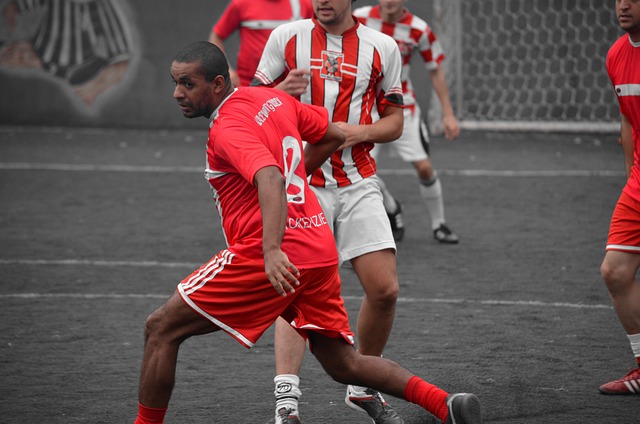Teen Challenge programs, despite promising transformation, often hide abusive practices causing long-term mental health issues like depression and trust problems in survivors. Recognizing these patterns is vital for identifying and supporting healing. Resources including support groups, online forums, professional counseling (individual, group), specialized therapy programs, community centers, and mental health organizations aid recovery. The process involves acknowledging trauma, seeking professional help, joining safe communities, rebuilding relationships, and reestablishing personal well-being, all crucial steps in overcoming Teen Challenge abuse.
“Surviving Teen Challenge abuse is a challenging journey, but healing and recovery are achievable. This article aims to guide survivors through the aftermath of such experiences by exploring critical resources and support systems tailored for their needs. We delve into understanding the unique dynamics of Teen Challenge abuse and its profound impact on young lives. Subsequently, we present available resources, offer steps towards recovery, and emphasize building supportive communities, providing a comprehensive roadmap to navigate this transformative process.”
- Understanding Teen Challenge Abuse and Its Impact
- Available Resources for Healing and Support
- Steps Towards Recovery and Building a Supportive Community
Understanding Teen Challenge Abuse and Its Impact

Teen Challenge programs, while often marketed as transformative experiences, can unfortunately be associated with abuse and exploitation. This is a stark reality for many young people who find themselves caught in a culture of control and manipulation within these organizations. The impact of such experiences can be profound and long-lasting, affecting survivors’ mental health, trust in authority figures, and overall well-being.
Understanding the dynamics of Teen Challenge abuse requires recognizing patterns of coercive behavior, including high-pressure sales tactics, isolation from support systems, and emotional manipulation. Survivors may experience a range of emotions post-abuse, from feelings of betrayal to anger, confusion, and severe depression. Accessing appropriate resources is crucial for healing and rebuilding lives after such traumatic experiences.
Available Resources for Healing and Support

After experiencing abuse within a Teen Challenge program, survivors may feel isolated and unsure where to turn for help. Fortunately, numerous resources exist to aid in their healing journey. One essential step is connecting with support groups specifically designed for Teen Challenge abuse survivors. These groups offer a safe space to share experiences, gain perspective from peers, and receive emotional validation. Online forums and community boards also serve as valuable resources, providing anonymity and accessibility for those who prefer low-key support.
Additionally, professional counseling services play a crucial role in the healing process. Trained therapists can help survivors process trauma, develop coping mechanisms, and rebuild their sense of self-worth. Many therapy options are available, including individual sessions, group therapy, and specialized programs tailored to address the unique challenges faced by Teen Challenge survivors. Local community centers, mental health organizations, and online platforms often offer these services, ensuring accessibility for those seeking healing and support.
Steps Towards Recovery and Building a Supportive Community

Recovery from abuse within the Teen Challenge program is a transformative journey, requiring support and resources tailored to address unique challenges. The first steps involve acknowledging the trauma and seeking professional help, such as therapy or counseling, which can help survivors process their experiences and develop coping mechanisms. Many organizations specialize in supporting victims of religious abuse, offering safe spaces for sharing stories and providing guidance on legal rights and personal well-being.
Building a supportive community is crucial for long-term healing. Connecting with peers who have gone through similar experiences can foster a sense of belonging and understanding. Support groups, both online and offline, facilitate open discussions, encourage accountability, and provide a network of friends who offer encouragement and practical assistance. Additionally, reaching out to trusted family members or friends outside the Teen Challenge environment can help survivors reestablish relationships and gain different perspectives on their recovery journey.
For those who have experienced abuse within the Teen Challenge program, finding support is essential for healing. The resources outlined in this article offer a starting point for survivors to navigate their journey towards recovery and rebuild their lives. By accessing counseling services, connecting with supportive communities, and taking proactive steps toward personal growth, teens can break free from the cycle of abuse and foster a brighter future. Remember, seeking help is a courageous act, and there are many who care and want to support you on your path to healing and self-discovery.
